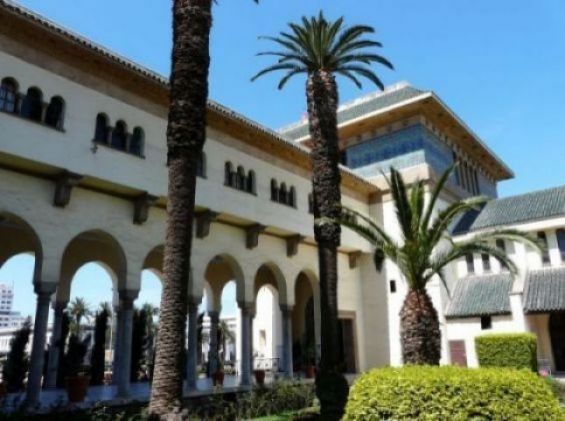This week had an eventful start for the companies mentioned in Yabiladi’s recent investigation. Since Monday, crisis meetings and internal audits were launched within certain financial and insurance institutions, even complaints were lodged at the professional organization of lawyers in Casablanca.
The latter issued, on Wednesday, an official statement to the public, taking note of the revelations made by Yabiladi in its recent articles. «The head of the Casablanca Bar Association informs the public that an inquiry has been launched to investigate data related to this case», a statement read.

The communiqué confirmed that the Bar association has received several complaints, without revealing their origins, since the start of the week. «These complaints are being processed pending the adoption of appropriate measures, based on the conclusions of the inquiry», the statement concluded.
First official reaction
It is thus the first official reaction that followed the numerous articles of #MahkamaGate which was relayed by other Moroccan newspapers (The Desk, Panorapost, Medias24, Al Massae, Assabah) and international ones, such as AFP.
The first reaction of the companies and the association of lawyers actually started by the end of last week with summons of judges to the Court of First instance in Casablanca. The meeting had an immediate effect: a drastic drop in the cases tried during this week's hearings. The practice of industrializing justice and «privatizing» the court has been put on hold pending the major consequences.
Better still, the offices in the court which had been made available to the lawyers in question were vacated. Several lawyers, whom we reached out to, were not surprised by these practices which, according to them, are «commonplace» in the field.
These offices were indeed used by these lawyers and their teams, who would go there for the purpose of dealing with the packages of files. The recording of the cases and the computer processing of said cases as well as the mailing of the minutes of the judgments took place at the very heart of the court. Now closed, the practice of industrializing justice and privatizing the court has been put under cover pending the aftermath.
Because indeed, if the bar association launched its investigations, the Superior Council of the Judicial Power (CSPJ) would also have been seized shortly before the publication of our investigation. Logically, an inspection should start its investigation at the Casablanca court.





 chargement...
chargement...













